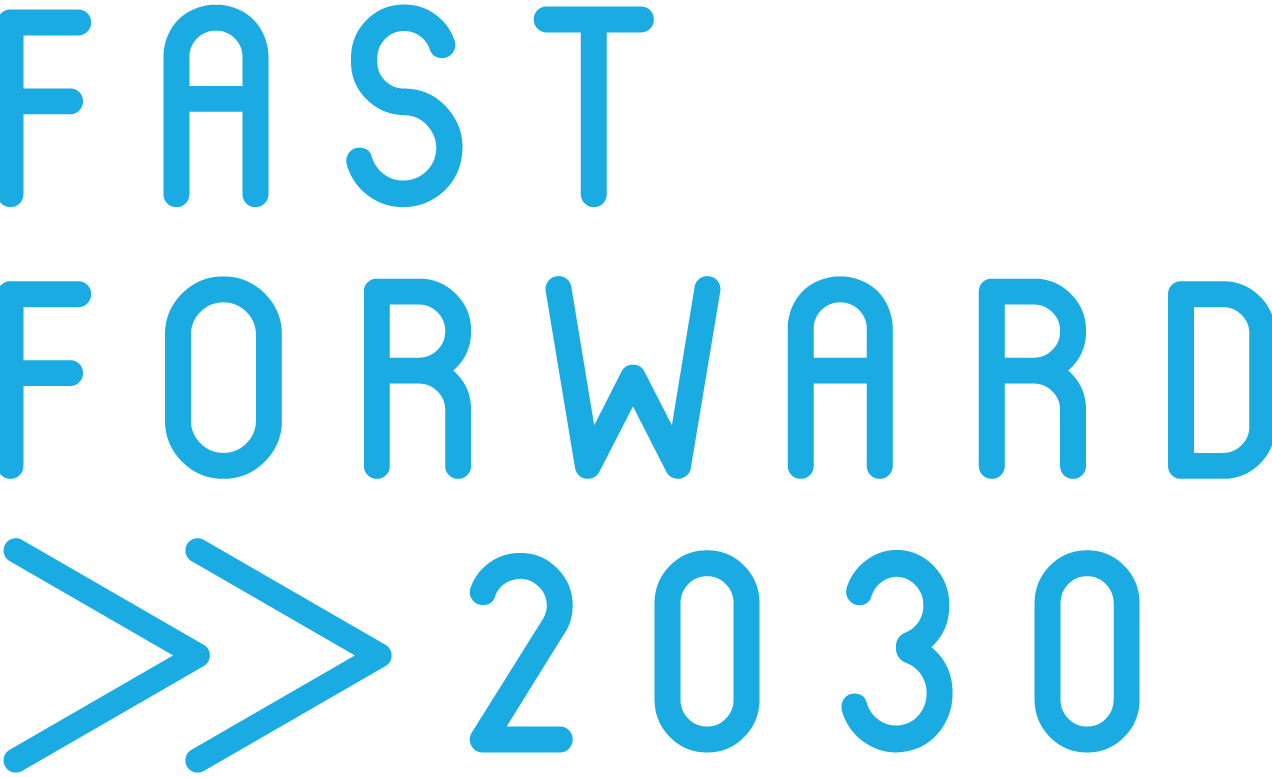How SDG 10 Reducing Inequality Can Help SDG 1 End Poverty
The targets of SDG 1, End Poverty, include eradicating extreme poverty and reducing at least half the number of people living in poor conditions.
Based on those targets, we can identify two causes of that hardship which are:
Unexpected occurrences such as natural disasters that result in destruction and loss.
Social injustice and biases in wealth distribution. A clear outcome of wars, colonialism and dictatorships that are still impactful today with enduring repercussions on people's economic security. That made tackling inequality of wealth distribution the main subject of sustainable development goal 10: Reduce Inequality.
How much is enough to ensure one's economic well-being? What’s the sufficiency threshold?
Surviving on a day-to-day basis requires little resources. However, is surviving a voluntary way of life while striving is possible? Many studies show that with ingenuity and proper governance, everyone can attain their basic human needs to evolve even in the margin of Earth's finite resources.
Hence the core pain is not lacking as much as it is the obscene gap between a 1% of the world's population that accumulated misused wealth that hasn’t yet served for nurturing people or the planet while a staggering 11% of the world population lives on less than 2$ per day a person. An extreme deprivation that extends to hunger implies a sense of danger, victimhood and helplessness. It tarnishes one’s dignity.
Struggling for basic human needs is humiliating in the context of cut-throat competition where community building and public and social services are secondary. Is that form of humiliation a motive to adopt violence?
Is poverty a direct cause for violence?
Statistics have shown that property crime such as theft, arson and extorsion are directly related to the extent of poverty of their perpetrators. At the same time, hate crimes and murder are unrelated to economic status but to culture and mindset. Furthermore, studies show that most terrorist partisans are recruited from wealthy, well-educated communities.
What distinguishes them is their underlying hatred, psychopathy and insatiable motive for destruction and revenge. So not all violence is related to poverty, but we can argue that poverty does provide a fertile ground for crime. Deprived people are more vulnerable, therefore more easily manipulated to act in disaccord with their moral principles if it may provide what they need.
What about systematically inflicted poverty?
The past 2 years have marked an exponential rise in Lebanon’s poverty rate of 82% in September of 2021. In consequence, the number of suicides and drug addicts increased. Its sudden occurrence makes it more severe, with an inflation rate of 281%.
Situations of struggling for survival in providing basic needs such as food, gas, fuel, and medicine pushed many people to violent acts in response to the fight or flight instinct while facing life-threatening situations. The most devastating factor of this economic crisis is that the state allowed the local banks to steal the Lebanese people’s money. People stayed helpless in retrieving their savings in the biggest Ponzi scheme in history.
Abdallah Assaii, a man desperate to withdraw his money, resorted to violence as he hijacked the bank and threatened the employees with Arsen. Many perceived him as a hero for having dared to take back what is rightfully his forcefully. Ironically, he ended up being tried and imprisoned.
When impoverishing becomes a tool for oppression …
In a country where corruption is no secret, a political class forming less than 1% of the Lebanese population has robbed all others from a decent life by intentionally withdrawing needed basic resources such as citizens' savings, food, medicine and fuel or at least turning a blind eye to large scale robberies and smuggling.
In retrospect, promised and funded projects to provide decent public services such as security, electricity, clean water in households, free education, and job opportunities have all been neglected. Moreover, the procedures of a police state target and repress free thinkers and speakers. Poverty in Lebanon is a clear act of violence intended to usher our country into a dictatorship by destroying the basic foundation of a functioning democratic government that took more than a hundred years to build in its modern context.
How much of a coincidence is it that economic crises preceded the most devastating wars? An economic crisis and an extreme wealth gap led to the Lebanese Civil War in 1975. One that many fear has not yet ended.
“Poverty is the worst form of violence.” — Mahatma Gandhi
I believe the biggest stab poverty inflicts on an individual is the compromise of one’s capacity and limitation of their liberties. It robs people of the ability to positively contribute to their societies or seize the day rather than worry about making ends meet. Poverty is used as a tool to impose dictatorships. That is what we are experiencing today in Lebanon: the most gruesome form of violence. It’s an act of killing people slowly while witnessing them suffer.
The violence that naturally invokes rebellion. Grassroots organisations initiate SDG 1 and 10. However, they need laws and regulations to affect system changes towards equality and compassion. A critical leverage point to the fight against poverty is balancing the value, capacity building and empowerment of the individual and community weaving. And that is how moving forth toward SDG 1 and 10 depends on simultaneously achieving SDG 16: Peace, Justice and Strong Institutions.
